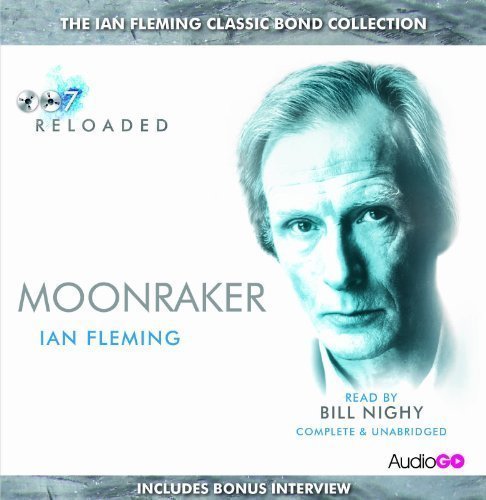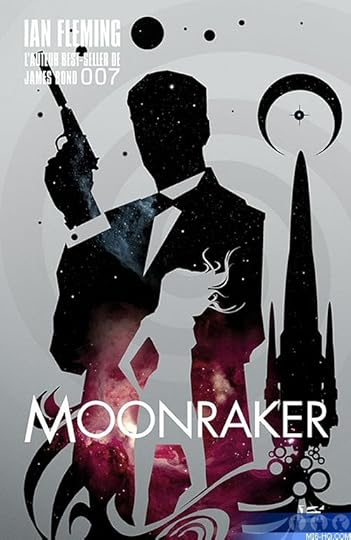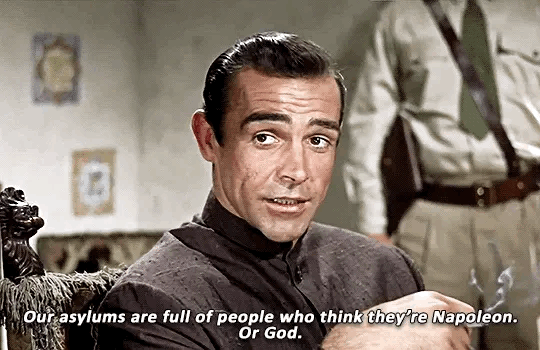What do you think?
Rate this book


Audio CD
First published January 1, 1955









”It was the beginning of a typical routine day for Bond. It was only two or three times a year that an assignment came along requiring his particular abilities. For the rest of the year he had the duties of an easy-going senior civil servant—elastic office hours from around ten to six; lunch, generally at the canteen; evenings spent playing cards in the company of a few close friends, or at Crockford’s; or making love, with rather cold passion, to one of three similarly disposed married women; weekends playing golf for high stakes at one of the clubs near London.”